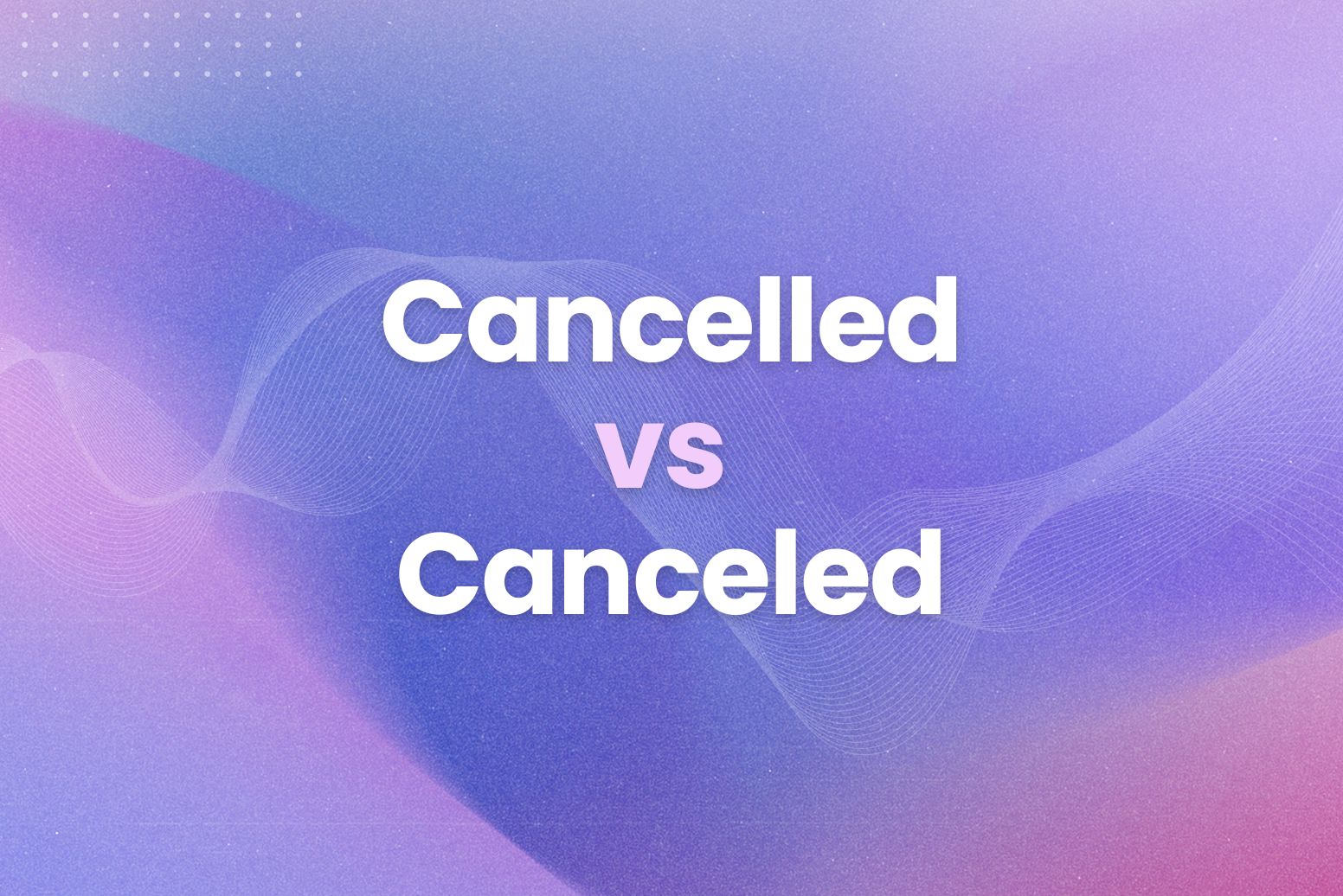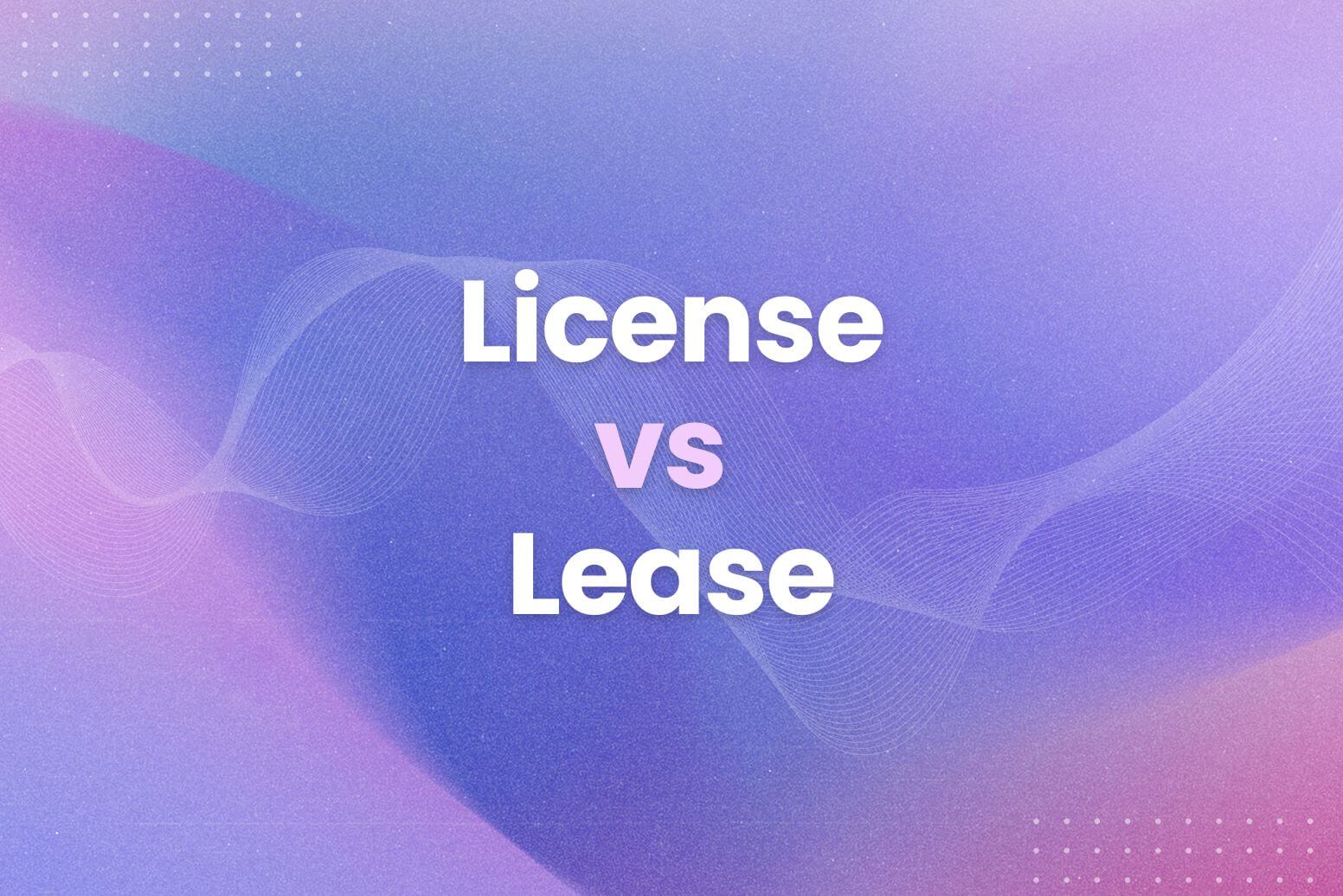Have you ever been told you’re amiable when you thought you were amicable? These words seem interchangeable, right? Wrong. Using them incorrectly can change the meaning of your message. We’ll clear up the confusion between amiable vs amicable. Here’s what we’ll cover:
- The actual difference between amiable vs amicable.
- When to use each word correctly (with examples).
- Common mistakes people make.
- Pro tips for remembering the difference.
The Actual Difference Between Amiable vs Amicable
These words sound so similar. It’s easy to see why people mix them up. But there’s a key difference. Amiable describes someone’s personality. Think of it as a character trait. Amicable, on the other hand, describes a relationship or interaction. It’s about the vibe between people.
For example, you might describe a person as amiable. They’re friendly, easy to get along with, and generally pleasant. Picture your favorite coworker who always has a smile. That’s amiable. On the other hand, you’d describe a negotiation or settlement as amicable. It means the parties involved were friendly and cooperative. They reached an agreement without any bad blood.
So, remember: amiable is about a person’s nature, while amicable is about the nature of a relationship or interaction. Think “amiable character” and “amicable agreement“. This little trick can help you remember which word to use. Moreover, getting this right can make your writing seem more polished and precise.
When to Use Each Word Correctly (With Examples)
Let’s get down to brass tacks. Knowing the difference is one thing. Using the words correctly is another. Here are some examples to illustrate the point.
Amiable
- “She was an amiable hostess, making everyone feel welcome.” (Describing her personality)
- “Despite the stressful situation, he remained amiable and calm.” (Describing his demeanor)
- “Our new team member is quite amiable and has fit in perfectly.” (Describing their personality)
Amicable
- “They reached an amicable settlement after months of negotiation.” (Describing the agreement)
- “The meeting ended on an amicable note.” (Describing the interaction)
- “We maintain an amicable relationship with our former neighbors.” (Describing the ongoing connection)
See the difference? Amiable focuses on the person, while amicable focuses on the interaction or relationship. Furthermore, using the correct word shows that you pay attention to detail. It makes your communication clear and professional.
If you’re ever not sure, try substituting synonyms. For amiable, you could use “friendly” or “pleasant.” For amicable, you could use “peaceful” or “harmonious.” If the sentence still makes sense, you’re probably on the right track.
Common Mistakes People Make
Even native English speakers sometimes stumble with these words. One common mistake is using amiable to describe a situation. For instance, saying, “The divorce was amiable,” is incorrect. A divorce settlement can be amicable, but a divorce itself isn’t a person, so it can’t be amiable. Similarly, avoid using amicable to describe a person’s personality. You wouldn’t say, “She’s an amicable person.” That just sounds wrong.
Furthermore, another frequent error is simply mixing them up due to their similar sounds. People hear “ami-” and their brains fill in the rest, sometimes incorrectly. This is especially true in casual conversation, where we’re not always paying close attention to word choice. Therefore, slowing down and thinking about the specific meaning you want to convey can help avoid these slips.
In addition, you can use tools like Arvin to quickly check your grammar and word usage. Arvin, powered by GPT-4, can analyze your text and suggest corrections, ensuring you use amiable and amicable correctly every time. This is especially helpful when writing important emails or documents where accuracy is key.
Pro Tips for Remembering the Difference
Okay, so we’ve covered the what and the why. Now, let’s talk about the how – how to remember this difference once and for all. Here are a few pro tips:
- Think “amiable character”: This little phrase connects amiable with personality. Since character refers to a person, it reinforces the idea that amiable describes people.
- Think “amicable agreement”: Similarly, this phrase links amicable with agreements or interactions. Agreements happen between people, solidifying the connection between amicable and relationships.
- Use mnemonics: Create a silly sentence or rhyme that uses both words. For example, “Amy, the amiable artist, made an amicable agreement with her gallery.” The sillier the mnemonic, the easier it is to remember.
- Practice makes perfect: The more you use these words correctly, the more natural it will become. Try writing a few sentences using each word. You can even use Arvin to check your work and get instant feedback.
- Teach someone else: Explaining a concept to someone else is one of the best ways to solidify your own understanding. Try explaining the difference between amiable and amicable to a friend or family member. This will force you to articulate the rules clearly, which will help you remember them better.
Use Amiable vs Amicable Like a Pro with Arvin
The difference between amiable vs amicable isn’t so tricky after all. With a little practice and these helpful tips, you’ll be using these words correctly in no time. Remember, precision in language makes your communication more effective.
Here’s a quick recap of the key takeaways:
- Firstly, amiable describes a person’s personality (friendly, pleasant).
- Secondly, amicable describes a relationship or interaction (friendly, harmonious).
- Also, avoid using them interchangeably.
- Lastly, practice makes perfect.
Now, you might be thinking, “This is great, but remembering all these grammar rules can be tough.” That’s where Arvin comes in. Arvin, your AI-powered browser extension, can be your personal grammar guru.
Whether you’re writing an email, a report, or even a quick social media post. Arvin can check your work and make sure you’re using the right words, including amiable and amicable. With Arvin, you can write with confidence, knowing that your grammar is on point.
FAQs
How do you use amiable and amicable in a sentence?
Amiable describes a person. For example: “She’s an amiable colleague, always ready to help.” Amicable describes a relationship or interaction. For example: “They reached an amicable agreement after a long discussion.”
Is it amicable or amiable divorce?
It’s amicable divorce. The divorce itself isn’t a person, so it can’t be amiable. You could, however, describe the process as amicable if both parties cooperated and remained friendly. For instance, “They had an amicable divorce process.”
Is amiable a compliment?
Yes, amiable is generally considered a compliment. It suggests that someone is friendly, pleasant, and easy to get along with. It’s a nice thing to say about someone’s personality.
What is an amicable person?
While you wouldn’t say “an amicable person,” you could say someone has an amicablenature or disposition. This would imply they tend to foster friendly and cooperative relationships. It’s more common, and grammatically correct, to say someone is amiable.






